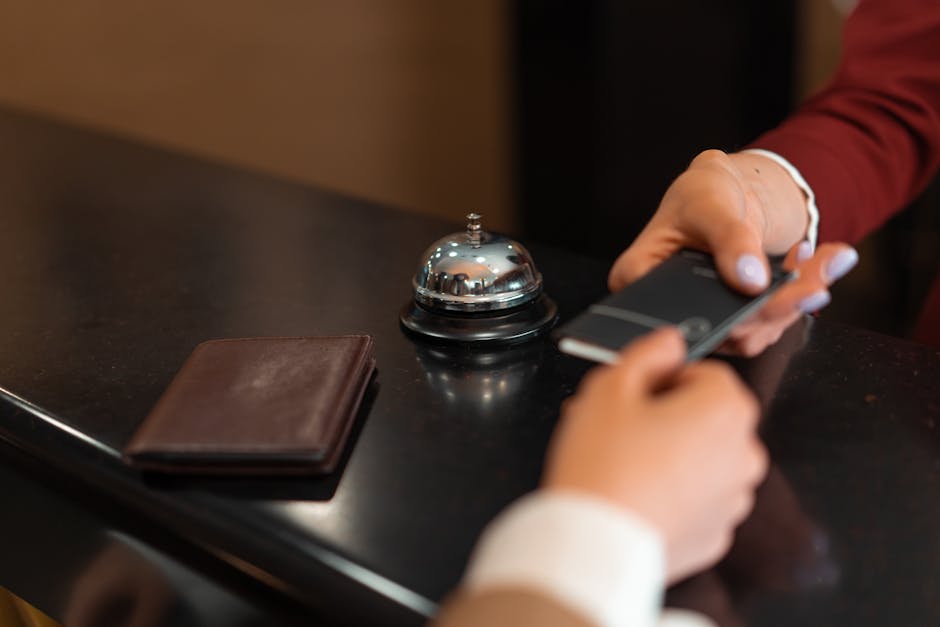A major area demanding technological improvement is personalization. Current systems often present a generic array of options, lacking nuanced understanding of individual traveler preferences. Advanced machine learning algorithms, trained on extensive datasets of travel history, social media activity, and stated preferences, can deliver truly personalized recommendations. This surpasses basic filtering by location and price; imagine a system predicting preferred accommodation styles based on past stays, suggesting hidden gems aligned with individual interests, or even anticipating travel companions’ preferences without explicit input. Furthermore, dynamic packaging, using real-time data to curate bespoke itineraries, could become significantly more sophisticated, offering truly unique and optimized travel plans instead of pre-defined packages. This level of personalization would significantly reduce the time and effort required to plan a trip, resulting in a more efficient and enjoyable booking process.
Transparency remains a significant challenge in the travel industry. Hidden fees, unclear cancellation policies, and ambiguous terms and conditions are commonplace, leading to frustration and distrust. Blockchain technology offers a potential solution. By recording all aspects of a booking transaction on a secure, immutable ledger, blockchain could provide complete transparency to both travelers and providers. Every fee, every condition, every change would be publicly verifiable, eliminating ambiguity and fostering trust. Moreover, integrating smart contracts could automate various aspects of the booking process, such as refunds and cancellations, making the entire experience more efficient and less prone to disputes. The result would be a more honest and reliable booking ecosystem, benefiting both consumers and businesses.
Seamless integration between various travel services is another area ripe for technological disruption. Currently, booking flights, accommodation, activities, and transportation often involves navigating multiple websites and platforms, a fragmented process that can be tedious and time-consuming. A more unified approach, enabled by advanced API integrations and data exchange protocols, could offer a single platform for managing all aspects of a trip. Imagine a system where booking a flight automatically suggests suitable airport transfers and nearby accommodations, or where selecting an activity updates the itinerary and suggests optimal travel routes. This level of integration would not only streamline the booking process but also enhance the overall travel experience by providing a more cohesive and convenient journey.
Augmented and virtual reality (AR/VR) technologies offer compelling opportunities to enhance the pre-trip planning phase. AR applications could overlay real-time information onto live views, providing contextual details about landmarks, restaurants, or attractions. VR experiences could offer immersive previews of hotels, destinations, and activities, allowing travelers to virtually “visit” potential destinations before committing to a booking. These technologies could significantly reduce the uncertainty associated with travel decisions, leading to more informed choices and greater satisfaction.
Beyond these specific areas, several other technological advancements could improve the travel booking experience. Improved natural language processing (NLP) could allow for more intuitive interactions with booking systems, enabling travelers to express their needs in plain language rather than navigating complex interfaces. Advanced analytics could identify and predict potential issues, such as flight delays or accommodation overbookings, allowing for proactive mitigation strategies. Finally, the increasing use of biometric identification could streamline the check-in and security processes, reducing waiting times and improving overall convenience.
However, the implementation of these technologies is not without its challenges. Data privacy and security are paramount concerns. The collection and use of personal data must be transparent and ethically responsible, ensuring compliance with relevant regulations. Furthermore, the integration of various technologies requires careful planning and coordination to avoid creating a complex and unwieldy system. Interoperability between different platforms and systems is crucial for a seamless user experience. Finally, the digital divide must be addressed to ensure that the benefits of these advancements are accessible to all travelers, regardless of their technological literacy or access to technology.
In conclusion, the travel booking experience is ripe for further technological enhancement. Through the implementation of personalized recommendations, increased transparency, seamless integration, and immersive AR/VR experiences, the industry can create a significantly more efficient, convenient, and enjoyable booking process. However, addressing the ethical and practical challenges associated with data privacy, system integration, and accessibility is crucial to ensure that these advancements benefit all stakeholders and promote a more sustainable and inclusive travel industry. The future of travel booking lies in a sophisticated interplay of technology and human-centered design, resulting in a truly transformative experience for travelers worldwide.






